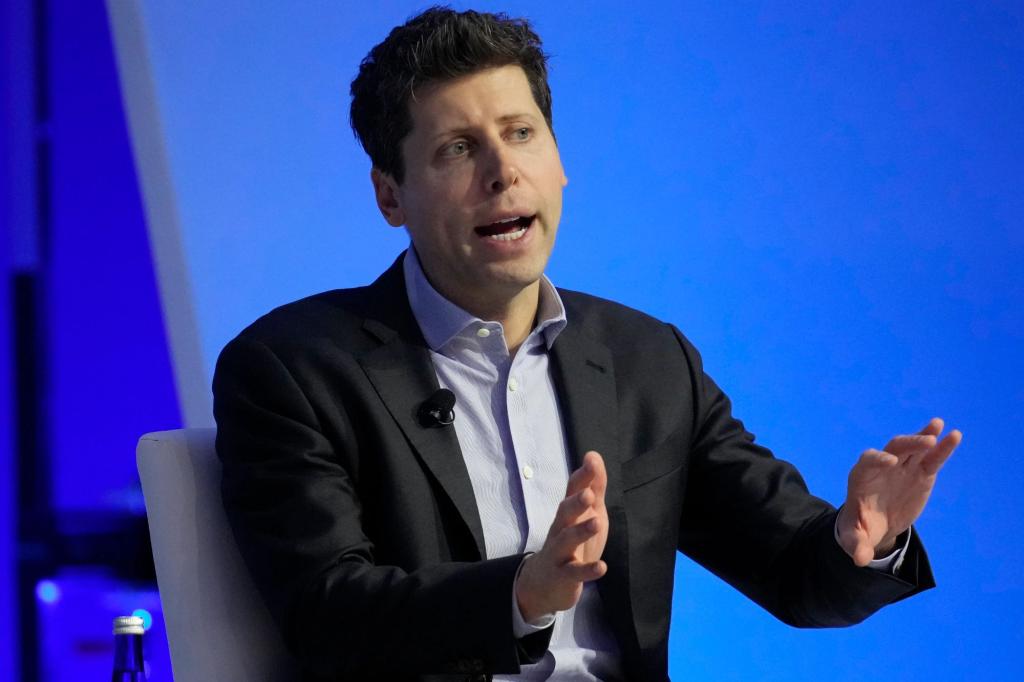Some powerful technologies, such as nuclear power and genetic engineering, fall under the category of “dual-use,” meaning they possess the potential for both great benefits and significant harm, whether intentionally or accidentally.
There is a general consensus that regulating these technologies is prudent, as the pursuit of natural capitalism may prioritize rapid growth over security considerations.
In the realm of dual-use technology, Company A, a leading player, opts to slow down its operations or allocate more resources to security measures to avert potential crises. In contrast, Company B, a trailing competitor, seizes the opportunity to expedite its progress, as it stands to face fewer repercussions in case of failure, particularly from an investor perspective.
Among the most critical dual-use technologies is artificial general intelligence (AGI), characterized by intelligence that matches or exceeds human cognitive abilities across all tasks. The advent of AGI could potentially outpace human intelligence and offer solutions to complex issues like cancer and climate change, paving the way for a utopian future. However, the risks associated with mishandling AGI are widely acknowledged, with some experts warning of existential threats if not managed properly.
Despite the gravity of the situation, the growth of AGI remains largely unchecked, with major corporations primarily relying on self-regulation.
The unique business model of ChatGPT agency, not entirely profit-driven, empowered a safety-focused board of directors to remove CEO Sam Altman, despite his popularity among investors eager for his reinstatement. The recent OpenAI incident exemplifies the inherent challenges in this sector.
Key players in the AGI domain, including OpenAI, DeepMind, and Anthropic, have prioritized AI safety since their inception. While OpenAI initially aimed to develop AGI for the betterment of humanity without commercial constraints, dissenting founders later established Anthropic due to perceived safety concerns. Notable figures like Jaan Tallinn, a prominent AI safety advocate, have endorsed DeepMind for its commitment to safety protocols.
The workforce at these companies comprises individuals driven by genuine apprehensions about the philosophical risks posed by AI. Joint declarations by the owners emphasize the global importance of mitigating AI-related threats alongside other societal risks like pandemics and nuclear warfare.
Despite skepticism regarding the altruistic motives of these corporations, it is crucial to recognize that renowned academics like Stuart Russell and Max Tegmark have long expressed concerns about AI risks, independent of industry influences. The commitment of these companies to prioritize AI safety over cutthroat competition is evident in their histories.
The delicate balance between advancing AI for societal benefits while averting existential threats underscores the ongoing debate between Altman and the board, reflecting broader industry challenges. The evolving landscape of AI development necessitates a nuanced approach that considers both short-term gains and long-term risks.
As the industry grapples with these complexities, the influence of profit-driven motives on AGI development raises significant ethical concerns. External pressures from investors, such as Microsoft and other stakeholders, may compromise the integrity of AI safety measures, highlighting the need for regulatory oversight to ensure responsible innovation in this critical field.






